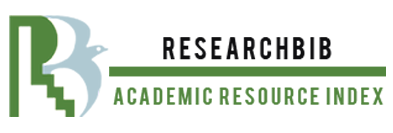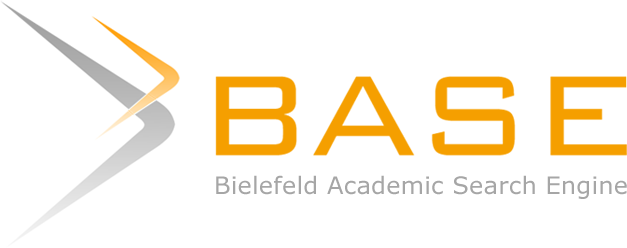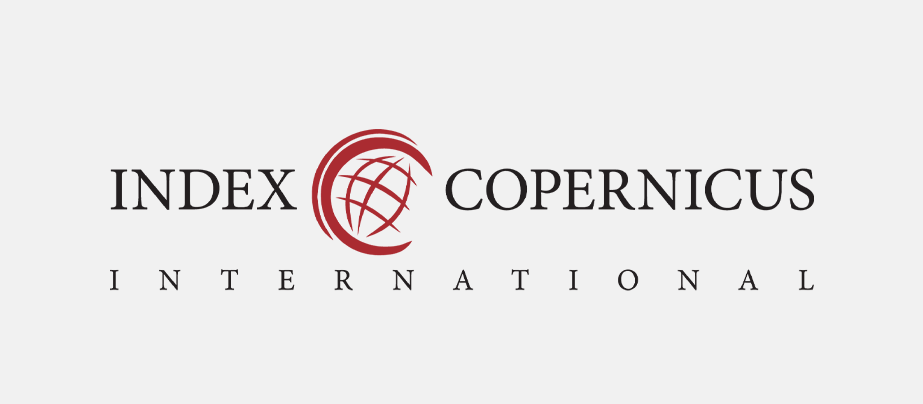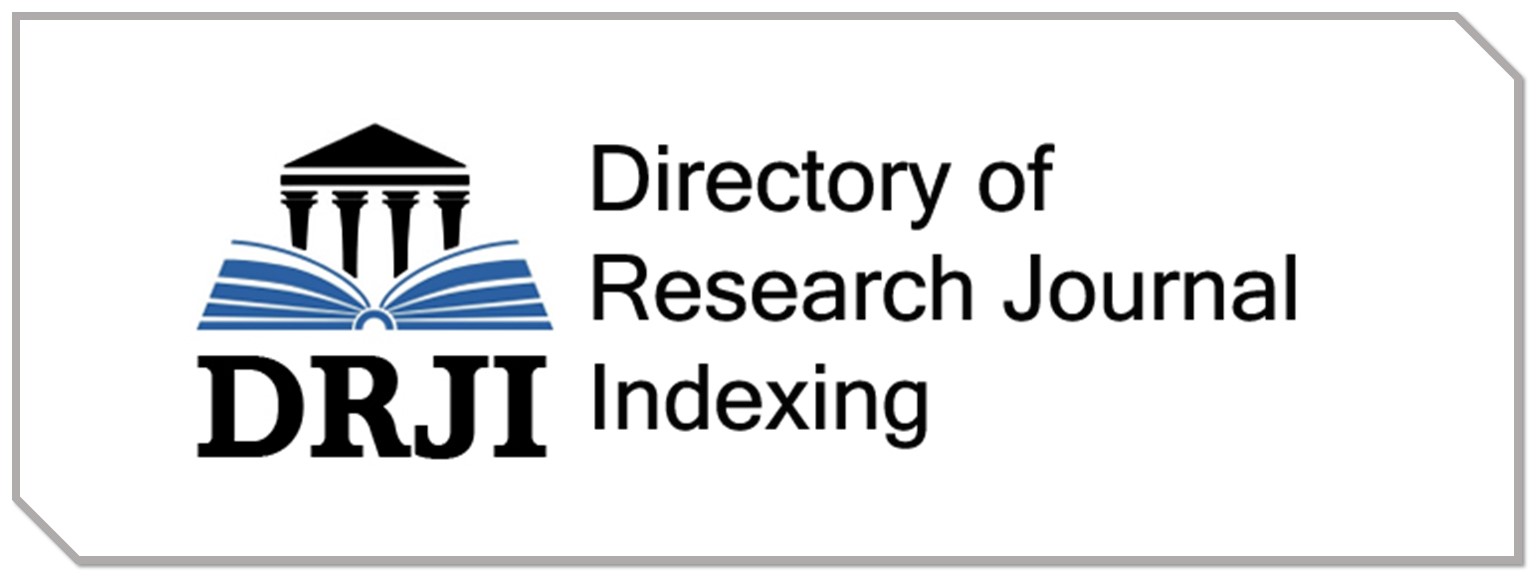MAIN TRENDS IN THE DEVELOPMENT OF THE WORLD TOURISM AND HOSPITALITY INDUSTRY
Keywords:
quality assurance,Abstract
The global tourism and hospitality industry has become one of the most dynamic sectors of the
world economy, contributing significantly to GDP, employment, and national development. With
growing competition and evolving traveler expectations, assessing the competitiveness and quality of
services, particularly in hotel enterprises, has gained strategic importance.
This study applies expert evaluation, factorial analysis, and parametric methods to assess the
competitiveness of hotel services. Regression modeling is used to explore the influence of service
attributes—such as consistency, reliability, responsiveness, and value for money—on tourist
satisfaction and market success.
Forecasts indicate a significant geographical shift in inbound tourism from traditional regions
(Western Europe, USA, Japan) to emerging markets such as Central Asia, China, and the Middle East.
The results show that service quality and tailored marketing approaches significantly impact a
destination’s competitiveness. The use of digital tools and state-backed tourism strategies further
enhances growth potential.
Tourism development is increasingly driven by sustainable policies, innovation, and
international branding efforts. Countries that integrate quality assurance and strategic planning into
their tourism policies are more resilient to global shocks (e.g., natural disasters, pandemics). The
tourism sector serves as a catalyst for infrastructure growth, human capital development, and
international recognition.










